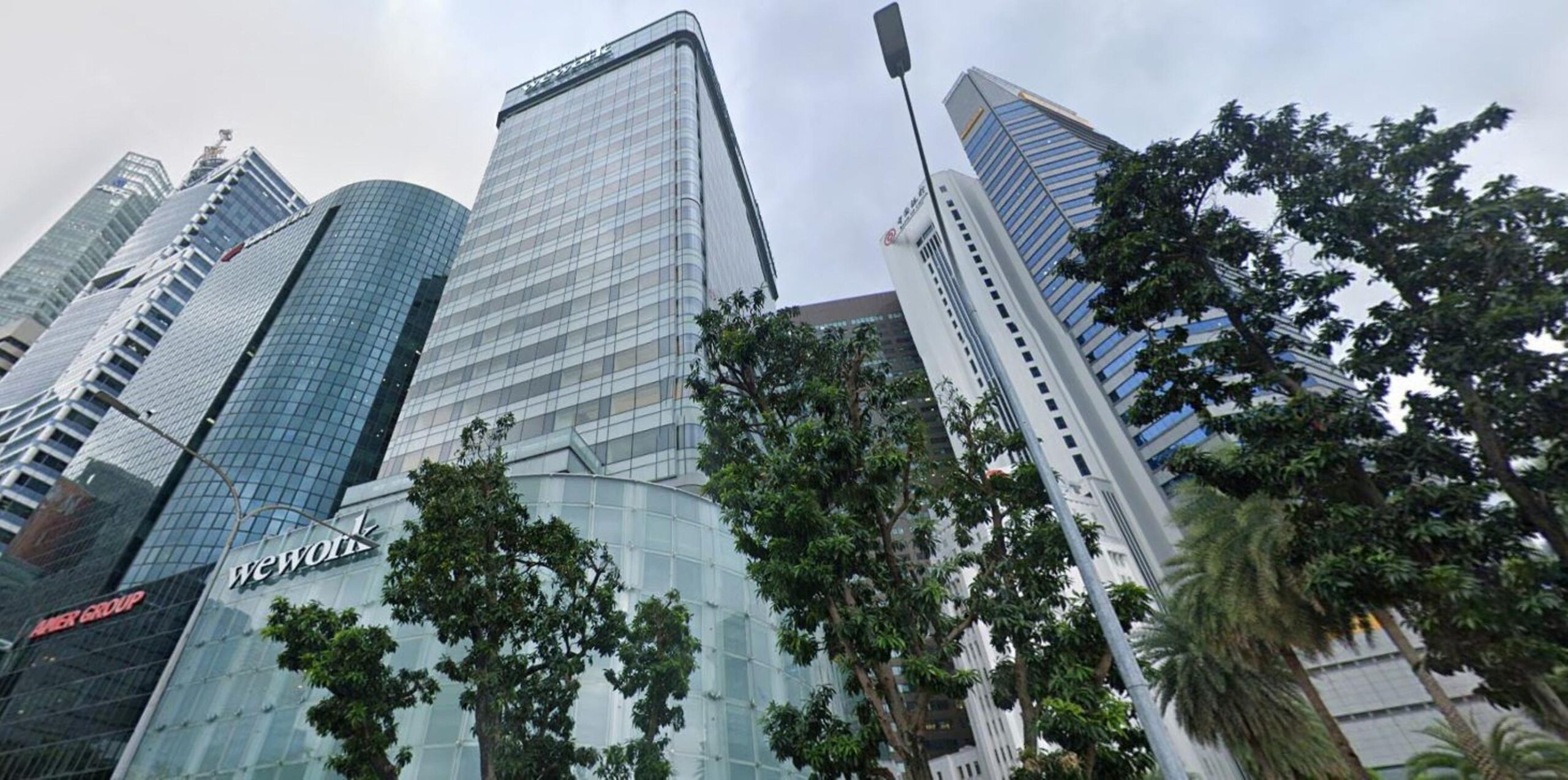Private Equity Fees Remain Stable: Callan Survey Finds Little Change

Callan's latest study reveals that private equity fees have remained largely unchanged over the past few years, with preferred returns consistently sitting at 8% compounded among general partners (GPs).
The study, now in its third year, analysed data from 413 private equity partnerships. This robust dataset, spanning seven vintage years, allows for a deeper understanding of how fund structures and market dynamics impact fees.
"With each year, the study's dataset expands, incorporating a diverse range of general partners and investment strategies," said Ashley Kahn, senior vice president at Callan's Alternatives Consulting group. "This growth makes the dataset increasingly representative of the broader private equity industry, providing a more comprehensive picture of fee trends over time."
The study's scope has expanded thanks to the use of CallanDNA, the firm's proprietary database application. This shift from manual data collection to a digital platform has allowed Callan to incorporate data submitted by managers through its online questionnaire, providing a more extensive and accurate analysis.
Management fees remained consistent, with the median fee during the investment period holding steady at 1.75% to 2.00%. However, there were some variations across strategies. Venture capital fees, for instance, demonstrated a wider range, fluctuating between 0.5% and 2.00% after the investment period.
After the investment period, management fees dropped slightly, settling at 1.72% compared to 1.96% in the previous year. The median also fell from 2.00% to 1.80%.
Small buyouts recorded the highest average management fee (1.87%) after the investment period, while distressed/restructuring had the lowest (1.23%). Growth equity and medium buyouts maintained similar management fees, averaging 1.69% and 1.72% respectively.
Incentive fees, or carried interest, remained high, with the most common percentage being 20%. This applied to 90% of the funds, while some, particularly venture capital, charged higher rates of up to 25% or 30%. Many funds employed tiered fee structures, charging higher carried interest once performance exceeded a specific threshold.
While limited partner (LP) commitments remained relatively stable, with £10 million being the most common minimum commitment, representing 37% of the dataset, GP commitments saw a decrease. This year's study revealed an average GP commitment of 3.6%, down from 4.2% in the previous year. This change is likely attributed to the inclusion of more venture capital funds in the dataset, which tend to have lower GP commitments.
Fund of funds (FoFs) demonstrated lower fees compared to direct partnerships, averaging 0.76% during the investment period and 0.70% post-investment. FoFs often offer discounts to larger investors and long-term investors. Their carried interest structure differs from direct funds, with varying percentages applied to different parts of the program, such as primaries, secondaries, and co-investments.
Secondaries, on the other hand, charged higher fees than FoFs, with management fees averaging 1.07% during the investment period and 1.04% post-investment. Carried interest was also typically higher, with most secondary funds charging between 10% and 15%.
Kahn concluded that, unlike other asset classes, private equity fees have not exhibited a downward trend over time. Private equity managers tend to maintain their fees from one fund to the next, leading to stability in fees, at least in the short term. Today's fees are largely comparable to those observed seven years ago.





